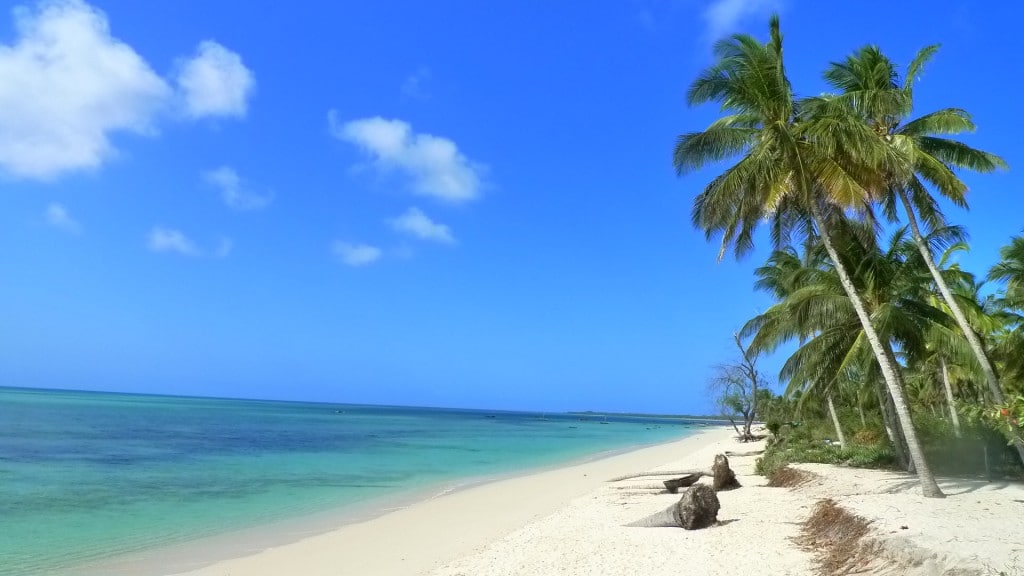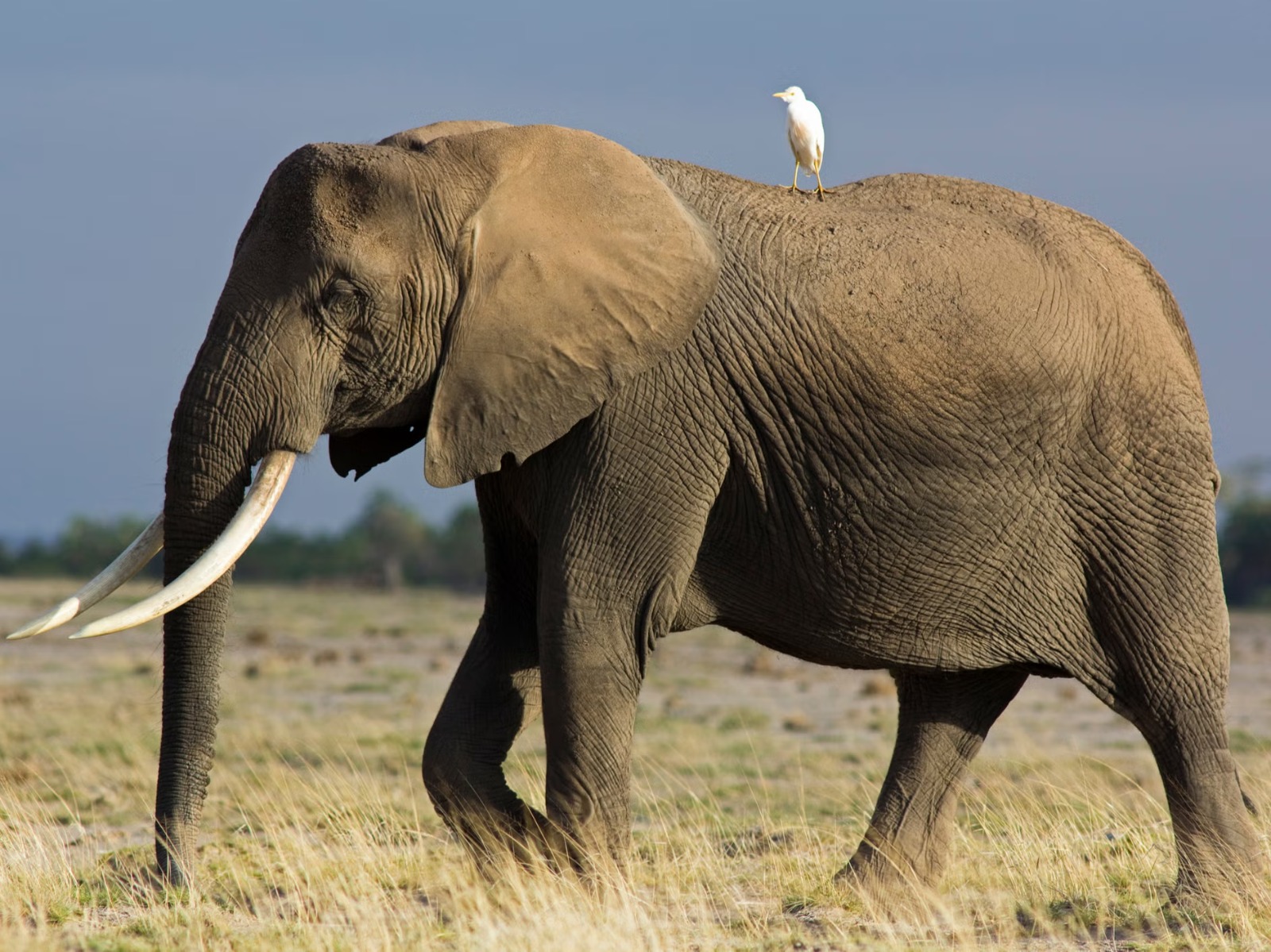Protecting Tanzania’s Oceans: A Vital Imperative for Conservation and Sustainability

By Hifadhi Reader
Tanzania, with its vast and vibrant coastline stretching over 800 kilometers along the Indian Ocean, is home to one of the most biologically diverse marine ecosystems on Earth. From the coral reefs of Zanzibar to the pristine shores of Mafia Island, Tanzania’s oceans are not only a natural treasure but also a crucial lifeline for millions of people. Yet, these vital waters face mounting threats that could undermine their ecological integrity and jeopardize the livelihoods of those who depend on them. As we stand at a critical juncture, it is imperative to recognize the urgent need to conserve Tanzania’s oceans and take proactive steps to ensure their health and sustainability for future generations.
The marine environment of Tanzania is a source of immense ecological and economic value. The coral reefs, seagrass beds, and mangrove forests provide habitat for a wide range of marine species, many of which are endemic to the region. These ecosystems are essential for the survival of commercially important fish species and contribute to the stability of the marine food chain. Beyond their biodiversity value, these habitats also serve as vital buffers against coastal erosion, protecting communities from storm surges and rising sea levels caused by climate change.
However, these ecosystems are increasingly under threat. Overfishing, pollution, and habitat destruction due to unsustainable coastal development are all taking a heavy toll on the health of Tanzania’s oceans. The rise of industrial fishing, particularly illegal, unreported, and unregulated (IUU) fishing, has led to the depletion of fish stocks, affecting both the marine environment and the livelihoods of local fishermen. At the same time, plastic pollution and untreated waste from urban areas are choking the waters, harming marine life and contaminating the food chain.
Mangrove forests, which play a critical role in carbon sequestration and coastal protection, are being cleared to make way for urban expansion and agriculture. Coral reefs, which are among the most biodiverse ecosystems on the planet, are suffering from coral bleaching, a direct consequence of rising sea temperatures. These pressures, if left unchecked, could lead to irreversible damage to Tanzania’s marine ecosystems, resulting in the loss of biodiversity, food security, and the collapse of coastal economies
The time for action is now. Conservation of Tanzania’s oceans is not just an environmental issue—it is a matter of economic survival and social equity. The livelihoods of millions of Tanzanians are tied to the health of the ocean. Artisanal fishing communities, particularly those along the Swahili Coast, depend on marine resources for food and income. Tourism, too, plays a significant role in the country’s economy, with visitors flocking to Zanzibar and Mafia Island to experience the beauty of its coral reefs and marine life. The loss of marine biodiversity would not only disrupt these industries but could also trigger social instability, as vulnerable communities face economic hardship.
The Tanzanian government, local communities, and international partners must work together to safeguard the country’s oceans. This includes enforcing stricter regulations on fishing practices, promoting sustainable tourism, reducing plastic waste, and investing in marine protected areas (MPAs) that offer safe havens for marine life. Public awareness campaigns can help foster a culture of conservation, while supporting scientific research and monitoring will be key to understanding and mitigating the impacts of climate change.
In conclusion, conserving Tanzania’s oceans is not optional—it is an urgent necessity. By protecting these invaluable ecosystems, we not only secure a sustainable future for the people of Tanzania but also contribute to the global effort to safeguard our planet’s oceans. With concerted effort and cooperation, Tanzania can become a leader in marine conservation, ensuring that its oceans continue to thrive for generations to come.




